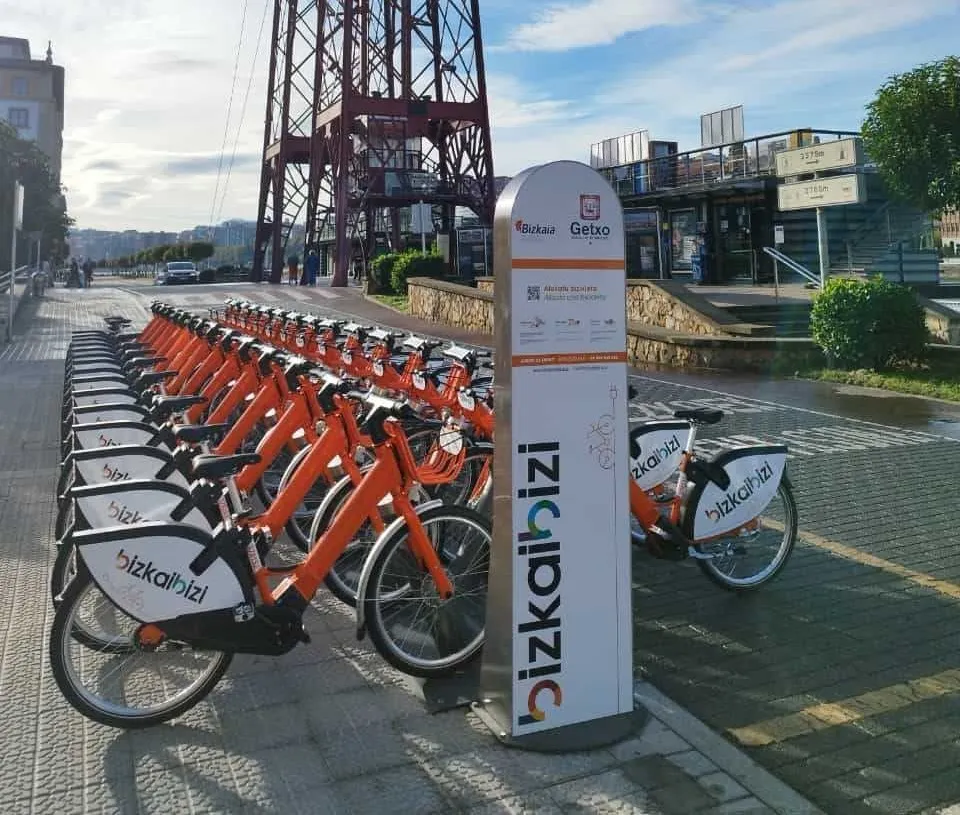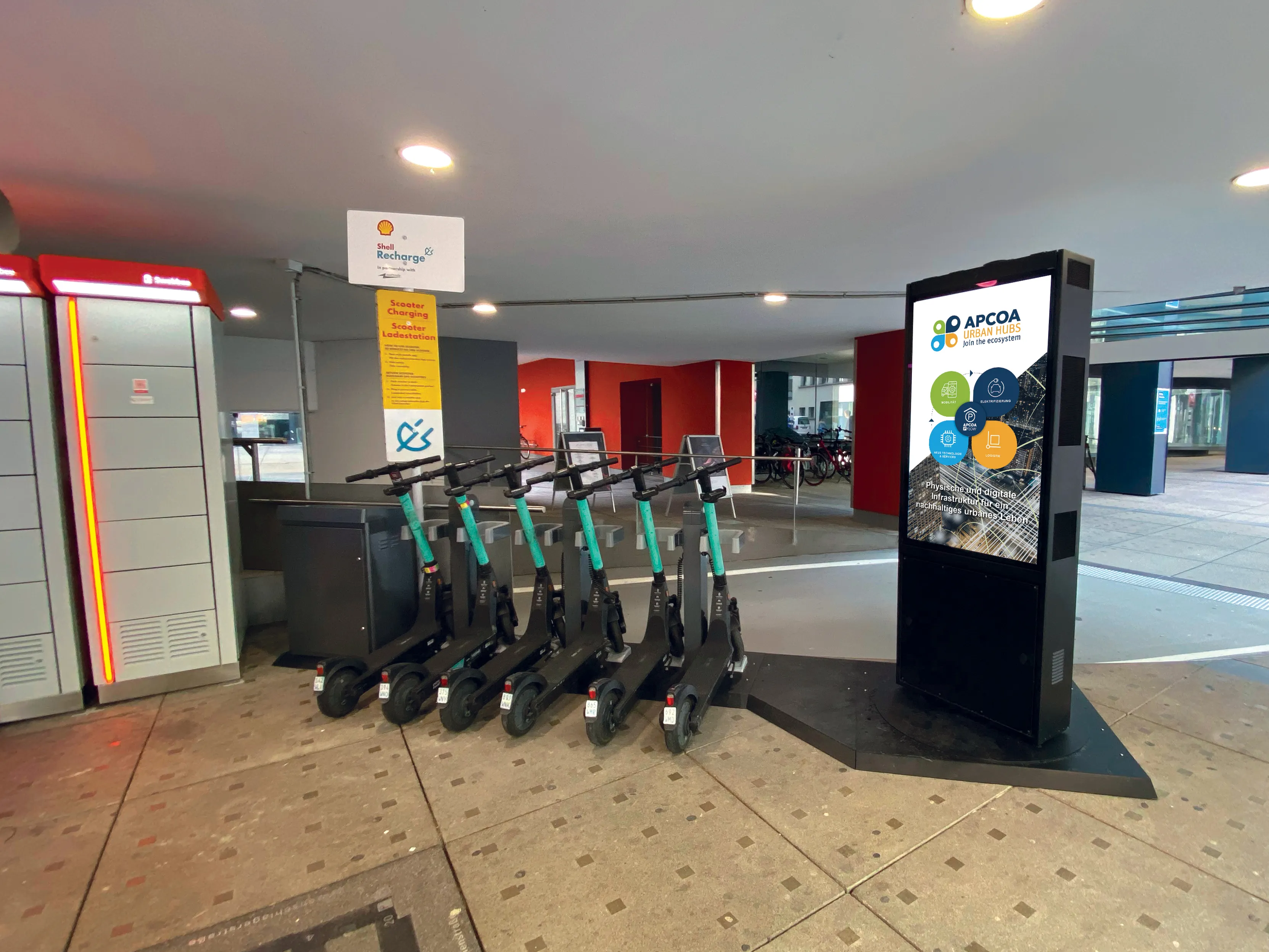BizkaiBizi service covers north-eastern province of Spain with 650 e-bikes
By Adam Hill
October 19, 2023
Read time: 1 min

Nextbike by Tier has launched its 11th service in Spain with 650 e-bikes at 78 stations.
The BizkaiBizi scheme, in the north-eastern province of Bizkaia (also known as Biscay), covers the municipalities of Barakaldo, Berango, Erandio, Getxo, Leioa, Portugalete, Santurtzi, Sestao and the province's capital, Bilbao.
The area is home to 750,000 residents, and the scheme includes nine tricycles, which are available at fixed stations, to help make the service more inclusive and accessible to users.









